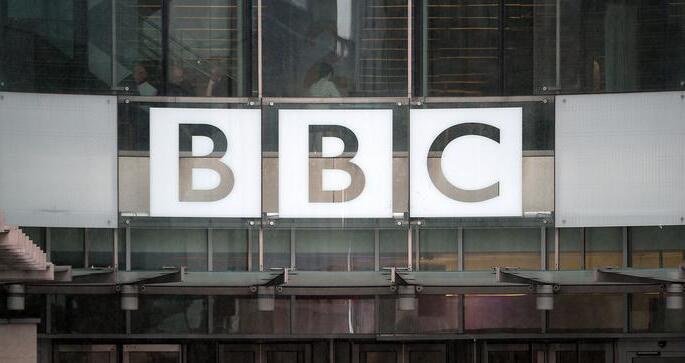In a diplomatic fight recently, Tim Davie, the head of BBC criticised China for banning British Broadcaster’s World News service in China and Hong Kong. The move comes a week after British regulators revoked the license of state-owned Chinese broadcaster, CGTN owing to its link with China’s Communist Party. Davie in a statement posted on Twitter said, “There are significant and growing global threats to the free media as some countries seek to increase their control of information.”
Dominic Raab, British Foreign Secretary called the move “an unacceptable curtailing of media freedom” that would “only damage China’s reputation in the eyes of the world.” The European Union has also joined voices of criticism over the move, calling on China to reverse the decision.
China’s ban on the BBC World News
The ban on BBC was seen as a retaliatory move by the Chinese authorities as the British regulators pulled the license of a Chinese broadcaster CGTN a week ago.
The Chinese government has criticised BBC reports about the COVID-19 pandemic that is believed to be spread through China. The Chinese government was also dismayed by the reports about the allegations of forced labour and sexual abuse happening in the Xinjiang region, home to the Uighurs and other predominantly Muslim ethnic groups.
The National Radio and Television Administration said that the BBC World News coverage of China violated the basic and general requirements of news reporting and was far away from truth and prejudice. It was also claimed that the news organisation sabotaged China’s national interests and ethnic solidarity.
The communist Beijing government last year expelled some of the foreign reporters who worked for news organisations like The Washington Post, The Wall Street Journal and The New York Times during clashes with the Trump administration.
The Radio and Television Administration said in a statement, “The channel fails to meet the requirements to broadcast in China as an overseas channel.” There is no indication yet whether BBC reporters in China would be affected.
BBC World News in a tweet stated, “We are disappointed that the Chinese authorities have decided to take this course of action. BBC is the world’s most trusted international news broadcaster and reports stories from around the world fairly, impartially and without fear or favour.”
In Hong Kong, government broadcaster Radio Television HK mentioned that they would stop carrying BBC World broadcasts citing the main regulator’s order.
British regulators revoke the license of Chinese broadcaster CGTN
The Office of Communications (Ofcom), UK said that it had withdrawn the Chinese state-owned channel, CGTN’s license after an investigation. The investigation concluded that Star China Media Limited (SCML), the licence-holder for the CGTN service, did not have editorial responsibility for CGTN’s output. Also, SCML is not meeting the legal requirement of having control over the licensed service and is not a lawful broadcast licensee.
Ofcom said that Star China Media Limited, the company that owns the UK licence for CGTN, does not have proper control over the channel which is against its rules. Ofcom said, “SCML did not have ‘editorial responsibility’ for the channel’s output and on that account ‘does not meet the legal requirement of having control over the licensed service.’ Star was acting as the distributor, rather than the provider of the news channel.”
“In addition, we have been unable to grant an application to transfer the licence to an entity called China Global Television Network Corporation (CGTNC). This is because crucial information was missing from the application and because we consider that CGTNC would be disqualified from holding a licence, as it is controlled by a body which is ultimately controlled by the Chinese Communist Party,” stated Ofcom.
An Ofcom spokesperson mentioned that they’ve provided CGTN with numerous opportunities to come into compliance, but it has not done so. Therefore, Ofcom considered it appropriate to withdraw the license for CGTN to broadcast in the UK. Adding to this, the spokesperson also stated that the channel will be removed from UK airwaves with immediate effect. While CGTN has the right to request a judicial review and it could apply for another license in the future.
The director-general of BBC said that the BBC ‘should be able to do its reporting without fear or favour’ and that ‘media freedom matters’. He showed concerns over restrictions of journalists and curtailment of their work.
“Importantly, in these difficult times when misinformation is universal, we have seen growing audiences for trusted news sources – including hundreds of millions coming to the BBC. Now, more than ever, it is important that we speak out to defend free and fair journalism,” added Davie.

